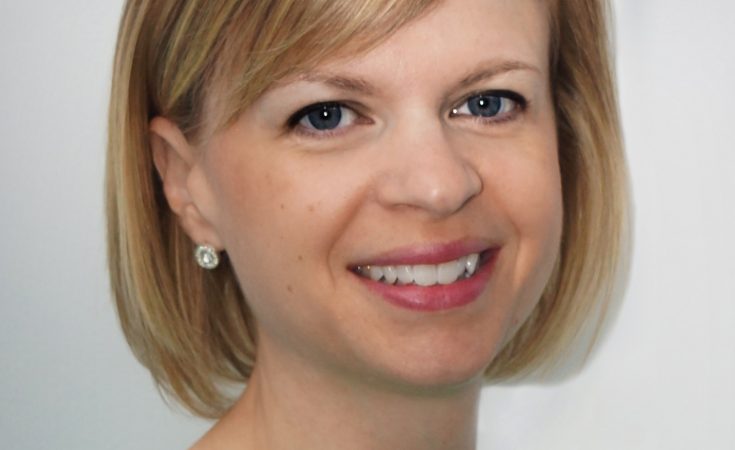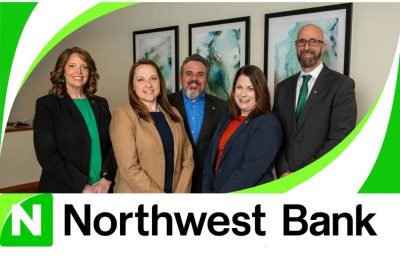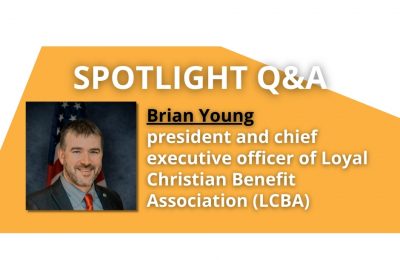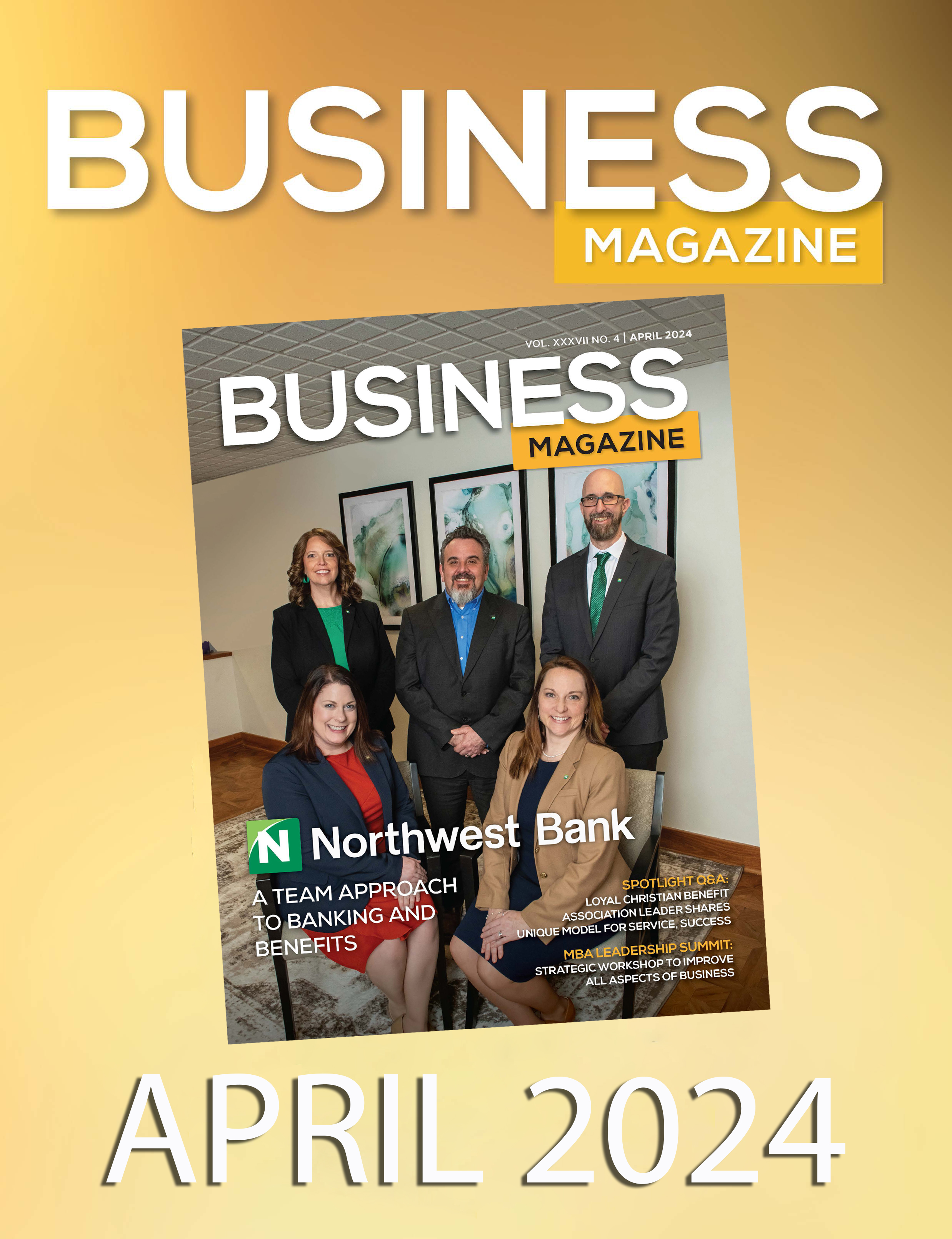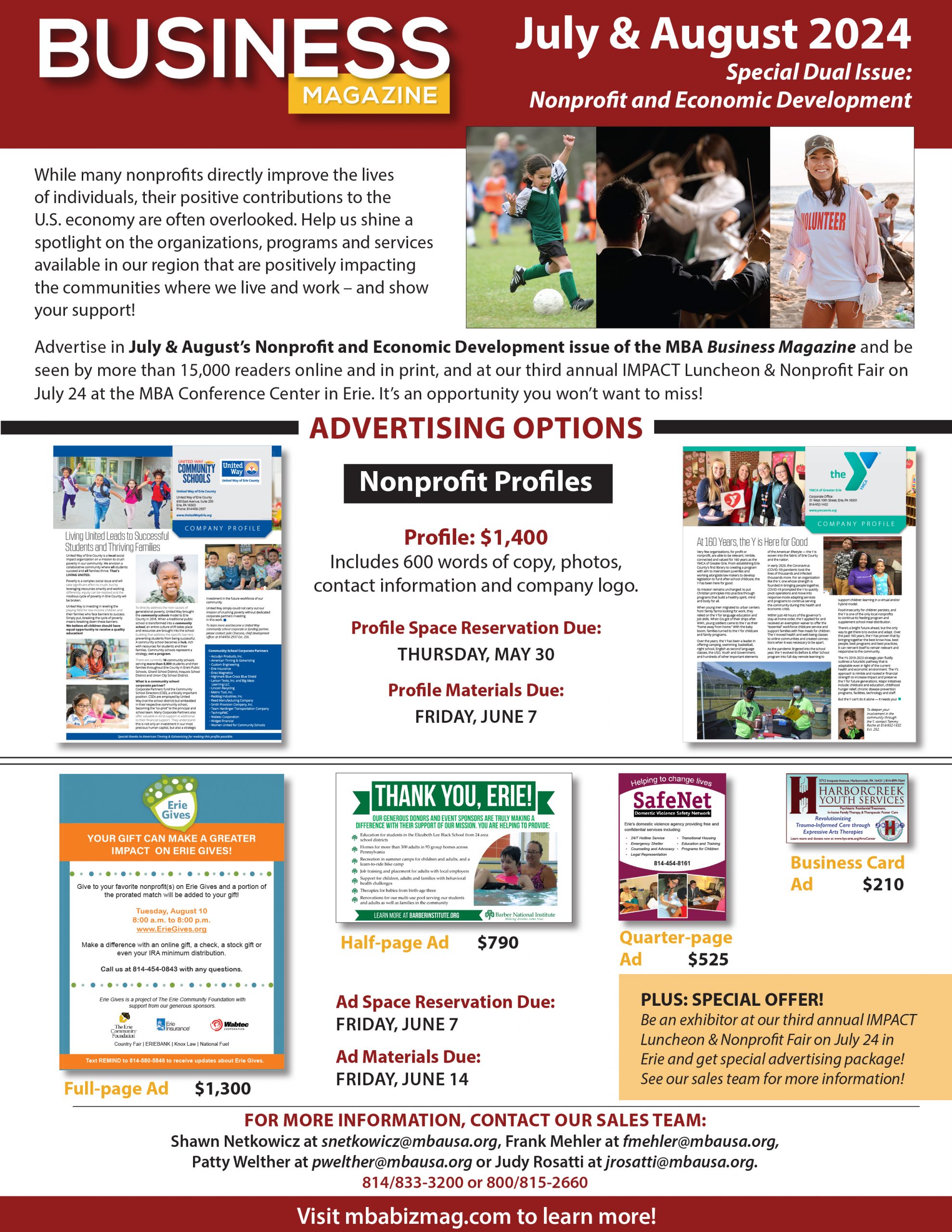For more than 50 years, the Community Blood Bank (CBB) of Northwest Pennsylvania and Western New York has been in the business of saving lives. Here, Executive Director Deanna Renaud discusses the importance of making a blood donation and ways that businesses can get involved.
You became executive director of the Community Blood Bank this past July. Tell us more about your experience and your goals for the organization in 2019.
I started at the blood bank as a Donor Recruiter in 2005, so my goal since Day 1 has been to educate our communities about the need for blood donors, and ensure there is enough blood for patients who need it. In this new role, I’ve been fortunate to make connections with community and business leaders, and work more closely with our partner hospitals. I’m excited to make CBB a bigger part of the communities we serve, and grow our donor base even further. As the exclusive blood supplier to the hospitals here in Erie County, and to many others in the region, community really does come first for us.
The Community Blood Bank has been the supplier of blood products to hospitals throughout our region since 1966. Please describe the Community Blood Bank’s reach, including your newest partners in DuBois and Clearfield counties.
Community Blood Bank was established to meet the blood needs of the major hospitals in Erie County, which now are UPMC Hamot, Saint Vincent Hospital and Millcreek Community Hospital. As other hospitals saw our model of resident blood donors meeting their own hospital’s needs, they realized the benefits of partnering with CBB. Through the blood donations given in each community, we now serve 20 hospitals in Northwest Pennsylvania and Western New York. We also supply blood to six Stat MedEvac bases.
In July, we became the exclusive blood supplier to Penn Highlands Healthcare after a longstanding relationship with Penn Highlands Elk in Saint Marys. We’re focused on developing relationships with businesses and organizations in DuBois, Clearfield and Brookville.
It’s estimated that every two seconds, someone in the United States needs blood. What is the true impact of one donation?
There’s a saying in blood banking that one donation — 30 minutes out of your day — can impact the lives of three people. But it’s not just the patients. It’s their parents, children, spouses — everyone who cares for them feels the impact of that single donation. A blood transfusion can literally save someone’s life. But it can also be part of an ongoing treatment plan that gives someone the time to make more memories.
Although many people want to help, experts indicate that less than 38 percent of the population is eligible to give blood or platelets. So, who can be a blood donor?
That’s correct, and of that 38 percent, less than 3 percent actually give blood. The basic requirements are to be feeling healthy (no colds, sore throats, etc.), weigh at least 110 pounds, have no tattoos or body piercings in the last 12 months and show photo ID. Eat well before donating, and drink plenty of water in the 24 hours before and after your donation.
Many business owners want to get involved and give back to the communities in which they operate. Please explain why hosting a blood drive is a good option.
A company blood drive is a great option because it doesn’t require employees to give any money, and it is very convenient. We can set up inside or bring the bloodmobile. Nearly 75 percent of blood donations come to us through a mobile drive, so we are very experienced in ensuring a safe, efficient process that gets employees back to their day with minimal disruption. While few people talk about the need for blood, business owners soon realize their employees have connections to blood recipients. Cancer patients, for example, use a variety of blood products in their treatment, so the opportunity to give blood is something many employees are grateful for.
What’s involved in hosting a drive at your place of business?
Our Recruiter will help identify a date and time that works for the business. We provide recruitment ideas, flyers and other supplies that might be helpful. We often have a raffle that employees can take part in, and we offer points toward our point store for every donation. We simply need a contact person or team to help employees sign up. The most successful drives are the ones supported by leadership.
What’s the best way to learn more about the Community Blood Bank and its services?
You can call us at 814/456-4206, email us at info@fourhearts.org or visit www.fourhearts.org.


